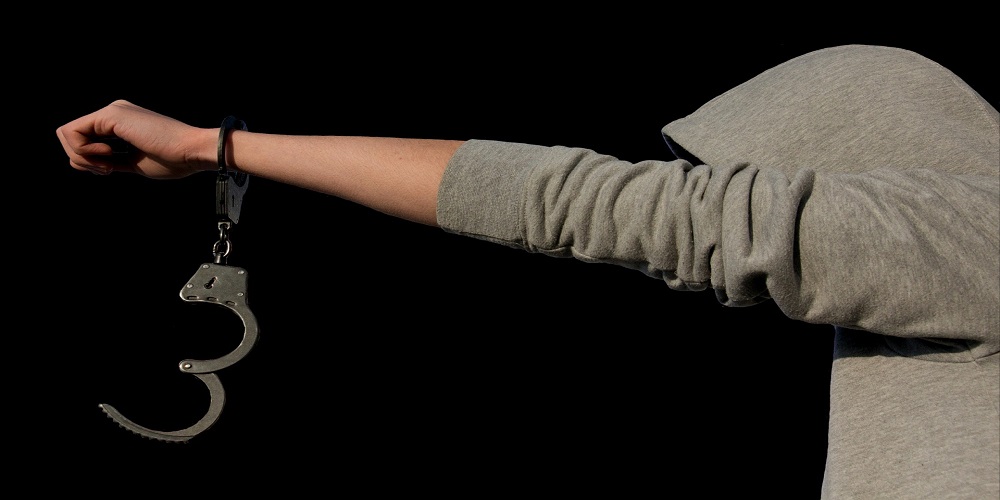In the case of a criminal trial, it is not uncommon for the defendant to bring up an excuse or justification for their actions. It is also common for the prosecution to bring up exculpatory evidence, which would be evidence that proves the defendant’s innocence.
We first have to understand what are excuses and exculpations to better understand if a criminal can not want to be convicted and how.

What are Excuse and Exculpation in criminal cases?
The concept of excuse and exculpation is a very important part of criminal law. It’s important for the prosecutor, as well as for the defence lawyer, to know how to argue these issues.
Excuse is defined as a justification for an act that would otherwise be punishable; exculpation is defined as something which excuses or mitigates some fault or crime. These two concepts are often used in conjunction with each other, but they can also stand alone.
- For example, if an individual has been arrested for stealing and they have an alibi (excuse), then they won’t be charged with felony theft or burglary. If they cannot provide this alibi, then they’ll be charged with second-degree theft or burglary.
- This means that the prosecution needs to prove that the defendant was at home when they stole something from someone else’s home while he was there alone (exculpation).
Can a criminal not want to be convicted?
Actions in self-defence or actions performed to stop crime such as assault, rape, robbery, or murder can be excused if the action is in proportion to the gravity of the crime to be committed.
You don’t have to wait for a crime to happen to take a self-defensive action. A person’s physical safety is always considered vital in court. If you injured or fatally harmed someone while they were robbing a store, gaining unauthorized entry to your home, trying to assault you, etc. then you acted in self-defence.
You can argue that you shouldn’t be convicted in these cases even though you committed a crime.
There are other ways to justify an apparent crime. Depending on the severity and conditions of the crime, you might be offered some relief or be excused altogether. Given below are 8 types of these cases:
- Minors are excused in some states under certain circumstances
- Cases when your body is not in your control, such as losing control of a car or a seizure
- Acting under alcohol’s influence and without intent
- Cases where insanity is involved
- A murder that’s “just” – meaning intentionally killing someone when under the threat of life yourself
- Cases where past abuse can play a pivotal role
- Protection of yourself or others from an assailant who could have committed a crime
- Cases of government entrapment
Things aren’t often so black and white in law. You need legal consultation to understand what you’re looking at. Get legal consultation Toronto from RGZ Law for the best results.
